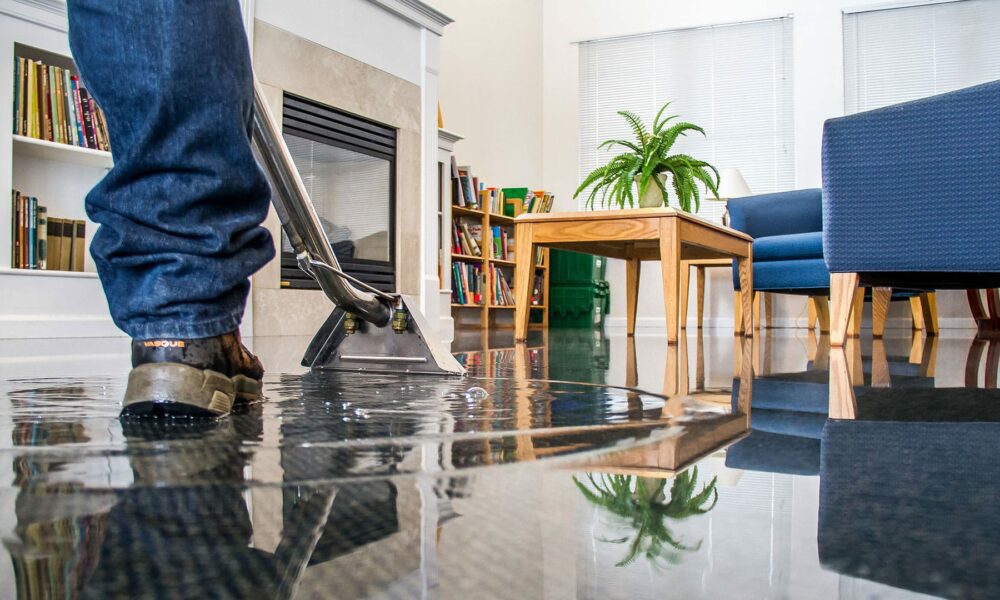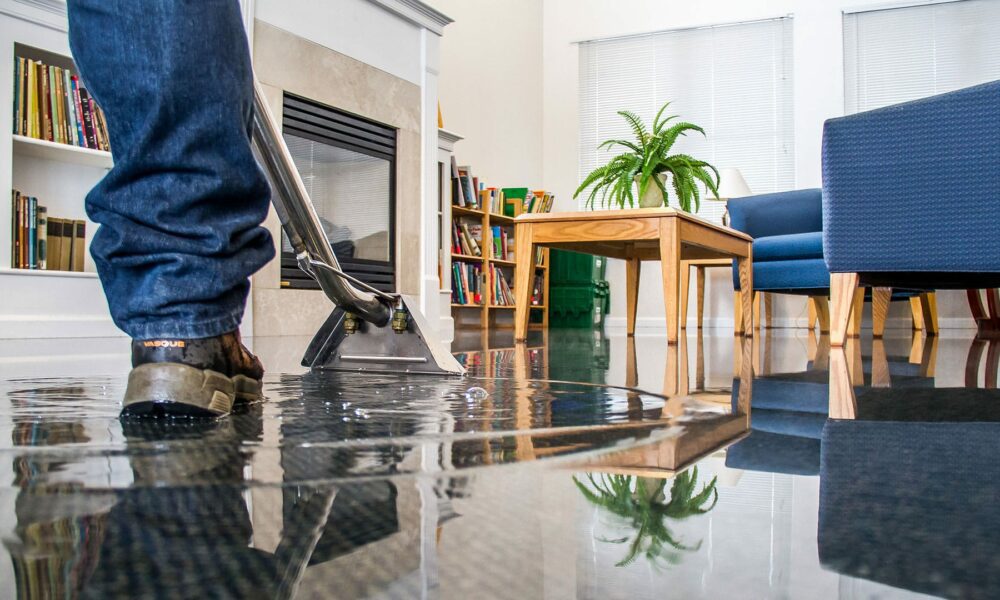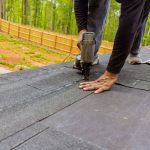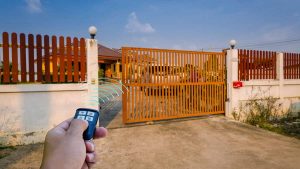
When most people think of home disasters, they imagine things like floods or fires, big events that are hard to ignore. But the truth is, one of the most common threats to your property doesn’t announce itself with a bang. It starts quietly. A slow drip behind a wall. A hairline crack in a pipe. A damp smell that lingers no matter how much you clean. Before long, that small leak can become a breeding ground for mold, rotting wood, peeling paint, warped flooring, and even structural issues. The key to avoiding that nightmare? Catching the signs early, responding fast, and making sure you don’t just clean the damage, you also fix the moisture source.
Why Water Damage Isn’t Just a Cosmetic Problem
Water damage doesn’t stay in one place; it spreads. It can travel through walls, ceilings, and floors. It seeps into insulation. It weakens drywall and warps wooden beams. But what many homeowners don’t realize is that beyond the obvious damage to materials and finishes, there’s a much larger threat lurking in the background: mold.
Mold loves moisture. Even a slightly damp environment, caused by a slow leak or poorly ventilated bathroom, can provide the perfect setting for mold spores to multiply. And once mold settles in, it’s not just your home that’s at risk. Mold exposure has been linked to respiratory issues, allergies, sinus congestion, skin irritation, and more. For kids, the elderly, and anyone with a compromised immune system, the effects can be especially dangerous.
Too often, homeowners only address the surface-level damage. They replace the flooring or repaint the walls without realizing that moisture and mold may still be active behind the scenes. That’s why it’s essential to start with plumbing.
If your water bills are climbing, your walls feel oddly cool or damp to the touch, or you spot unexplained discoloration or bubbling paint, there’s a good chance water is accumulating somewhere it shouldn’t. Getting a plumber in quickly can make the difference between a minor repair and a major restoration project.
It Starts With Early Detection
Water damage doesn’t always come with flashing signs and puddles on the floor. Some of the most damaging leaks go unnoticed for weeks or even months. That’s why vigilance is so important.
Start by trusting your senses. Does a certain room always feel damp? Is there a persistent musty odor in the bathroom, laundry room, or under the kitchen sink? Are there soft spots in your flooring, or do certain areas seem unusually cool or warm? These are all subtle hints that water might be hiding out of sight.
Another key signal is your water bill. If it suddenly spikes with no clear reason, you may have a hidden leak. Smart water meters and leak detection devices are becoming more common and can be excellent tools to alert you of anomalies before they become emergencies.
Once you’ve spotted the warning signs, don’t wait for confirmation; take action. Time is everything when it comes to water damage. The longer water sits, the more deeply it penetrates, and the more extensive the damage becomes. That’s why it’s critical to call San Diego Emergency Plumbing & Leak Detection El Cajon, CA as soon as you suspect an issue, even if it seems minor at first.

Why Fast Response Matters
Once a leak starts, mold can begin forming in as little as 24 to 48 hours. And mold isn’t just unsightly, it’s invasive. It creeps into porous materials like drywall and wood, making remediation more complicated and costly the longer it’s left untreated.
That’s why emergency response teams exist. They’re trained to show up fast, locate the source of the water, stop the damage from spreading, and begin the drying process immediately. Professionals use high-powered fans, industrial dehumidifiers, moisture meters, and thermal imaging to ensure nothing is missed.
But just drying things out isn’t enough. If the root cause of the water damage isn’t fixed, be it a faulty pipe, poor drainage, or condensation from a ventilation issue, then the cycle will repeat. Water will return, and so will the mold. That’s why partnering with both a skilled plumber and a mold remediation expert is crucial for long-term results.
From Prevention to Peace of Mind
The best-case scenario is catching water issues before they cause serious damage. While it’s impossible to prevent every leak, there’s a lot you can do to minimize risk.
First, make a habit of inspecting vulnerable areas of your home on a seasonal basis. That includes your attic, basement, behind appliances, under sinks, and around windows and doors. Look for stains, rust, moldy smells, or any material that seems warped or softened.
Second, make sure your home is properly ventilated, especially in areas where moisture naturally builds up, like bathrooms and laundry rooms. Install and use exhaust fans, keep doors open when possible, and don’t let wet laundry sit for long periods.
Finally, don’t underestimate the value of routine plumbing checks. Having a plumber evaluate your system annually can catch worn pipes, faulty valves, and pressure problems before they lead to water damage. If you’re ever unsure, err on the side of caution; it’s far cheaper to fix a small leak now than to deal with a full-scale mold infestation later.
Act Fast, Stay Dry, Breathe Easy
Water may be essential to life, but when it gets where it doesn’t belong, it can do real harm. Whether it’s a dripping faucet that’s been ignored too long or a pipe that burst overnight, every water issue deserves serious attention. And the damage it causes often continues long after the leak is gone, especially when mold takes root.
By staying vigilant, responding quickly, you can protect not just your home but your health and peace of mind. Don’t let something small turn into a costly mistake. Invest in prevention today, and avoid the chaos tomorrow.








